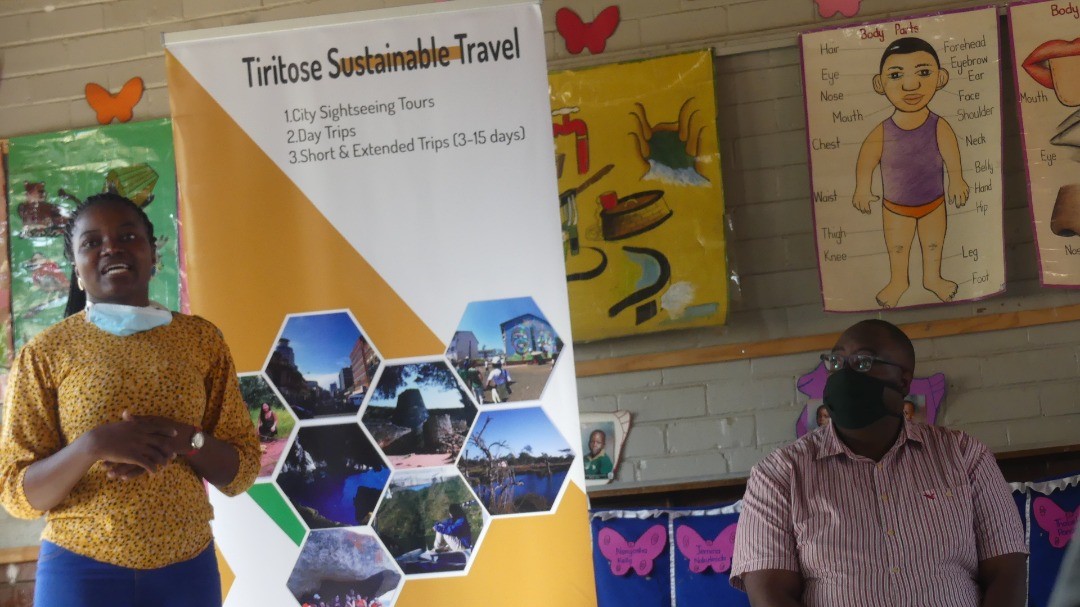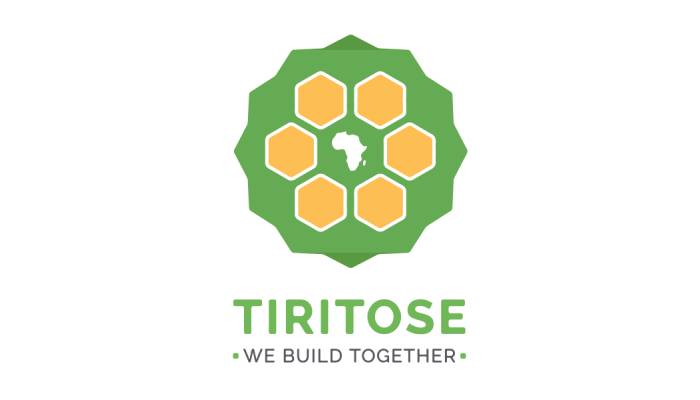National lockdowns and other measures have reduced the spread of the Coronavirus, but social and economic consequences have followed. In Zimbabwe, a majority of the population are self-employed. For many households the lockdown has resulted in a loss of income, leaving people unable to buy food and other necessities.
In response to these impacts, Tiritose Sustainable Travel, with the support of its volunteers, study abroad groups and interns have launched an emergency response programme to bring food relief to vulnerable families in the neighbourhoods surrounding Zimbabwe’s capital city Harare.
“Despite the damage, the pandemic has brought to our industry; we have an obligation to extend a hand to the communities we work with. We are Africans, and the spirit of Ubuntu lives among us…this is just one of many ways we are going to uplift our communities,” said Wesley Maraire, Business Development Executive at Tiritose.
The Tiritose team have collaborated up with their grassroots partner, Tariro (Hope) Trust, to distribute food parcels at a school in the Glen Norah township to orphaned and vulnerable children, and their families/guardians. To feed a family of five, it costs USD 22.
“At Tariro Trust, we are humbled and grateful for Tiritose’s generous donation. The donations will go a long way during these trying times, we are happy to inform the girls now have at least 2-3 meals a day. We couldn’t have done it without that never-ending support,” said Simba Kanyimo, Executive Director of the Tariro Trust.
Tiritose and Tariro Trust work together throughout the year to enrol and financially support the education of girls up to university level as part of the ‘Education Support Programme for the Girl Child.’ Through its Foundation, Tiritose will continue to support vulnerable groups during, and after the pandemic as part of its mission.


